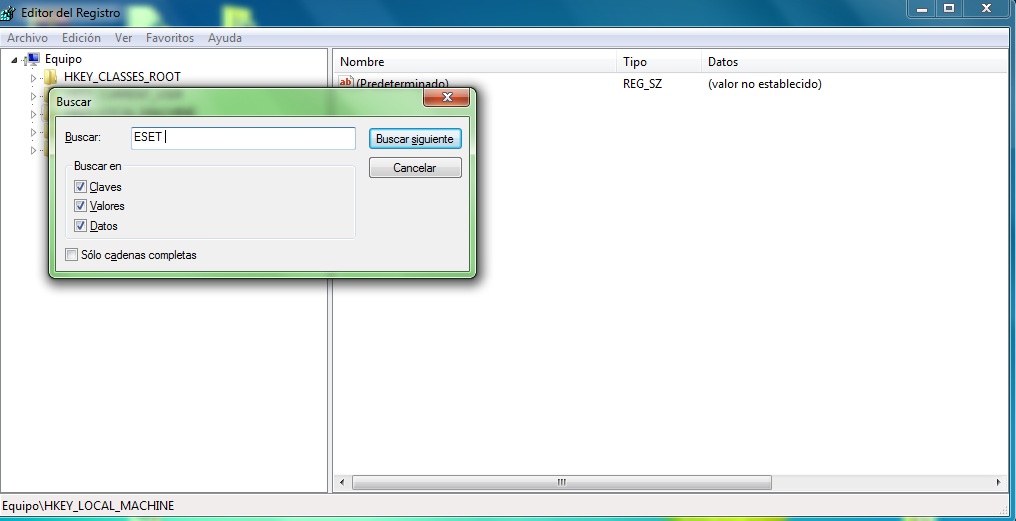

I would like to know more about the passive.

Does Present Perfect Continuous Passive exist? The future continuous is primarily associated with actions that happen over a duration of time in the future. 'Will be being inspected' is the future continuous in the passive voice. Over the next four months your work will be being inspected. The future continuous in the passive voice is not widely used. In the present simple, the passive is: am / is / are + past participle (3rd form of the verb). We form the passive with be + past participle (3rd form of the verb). The passive voice is used when we focus on the object of the sentence. passive: the subject receives the action.Forms of passive. Voice has two values: active: the subject does the action. Voice in English expresses the relationship of the subject to the action. How many passive voices are there in English? You can check Active Voice and Passive Voice Rules chart for future simple tense. Passive voice in Present Continuous Tense Active Voiceįormula: Subject + to be (is, am, are) + present participle + objectįormula: S + to be (is, am, are) + being + past participle + by object The olives are stoned and crushed in this room by my son. Nowadays, black kites are protected by law. In a passive sentence, the person or thing doing the action (the actor) is usually preceded by the word "by." For example: Anita was driven to the theatre by Carla. Must, may, can, should, might + object + be + verb3 (past participle) Object + may, must, can, could, ought to, should + be + verb3 Can passive voice examples?įorming Passives With Modals Affirmative Form The general rule for sentences using modals in passive voice is: 'Object + may, must, can, could, ought to, should + be + past participle of main verb (third form)' in an affirmative sentence. The form is similar to the form it acquires in respect of other verbs. Words like: can/could, may/might, will/ would, shall/ should and must. These are verbs that indicate likelihood, ability, permission or obligation. What is difference between present continuous and present perfect continuous tense?.When we use present perfect continuous tense?.What are the examples of present perfect continuous tense?.Does Present Perfect Continuous Passive exist?.How many passive voices are there in English?.


 0 kommentar(er)
0 kommentar(er)
